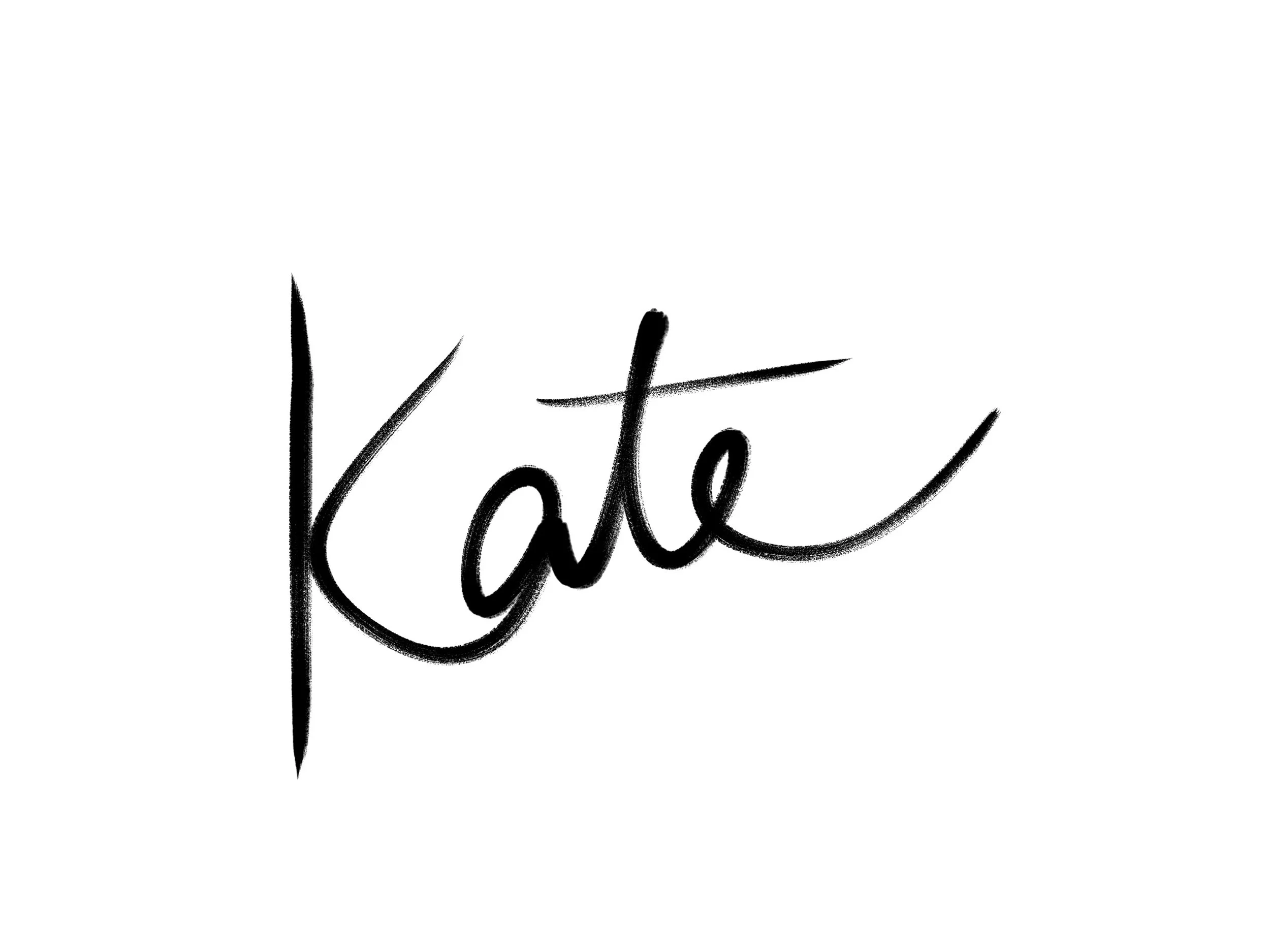Clip: On Rage
More today from Penguin Random House Audio, the wonderful team releasing excerpts of the audiobook of Notes for the Everlost: A Field Guide to Grief as read by me in a three-day marathon inside a little black cave-room in Nova Scotia. This second clip—following up to the first, Phantasmagoria—is a permission slip. Although not everyone might feel that way, initially.
The western world—especially that which considers itself stylish or proper or ‘enlightened’, whatever that means—teaches us to veer away from anger. Being angry, that is. We do a lot of pearl-clutching about anger. Anger makes people uncomfortable, and feels irreconcilable. It drives people apart, right? Kind of. You could say that, especially looking at today’s world.
But I see two kinds of anger. First, one rooted in a lack of understanding—on fear of the other, judgement, and tribalism. A rejection of differentness, or protectionism either on a mass or individual scale. We sense a threat to our identity or standing in society, and we come out punching. This kind of anger burns down our connection to one another, isolating us. It feels corrective, punitive, and spiteful.
Then there’s the other sort: still a fire, but the kind that burns like a furnace in the basement of the human experience. It is rooted in loss, trauma, and injustice. It’s justified and natural, but the training of our culture tells us to reject it. It doesn’t look good. It doesn’t feel good. And so, it must be bad.
To the grieving, some people say: You should be more positive! You should practice gratitude! Don’t be An Angry Person! They take it upon themselves to push grief away, thinking they’re reclaiming space for healing. What they’re actually doing? Pushing the grieving person away, and reclaiming space for the pusher’s own comfort.
It’s not just the outside world that bristles at the anger of trauma and loss, drawing a false equivalence between destructive anger and natural anger. We bristle at our own feelings, too, worrying they might become us. But they don’t. Listen to the clip to find out why. As I write in the book:
“You’ll be more compassionate, alive, healthy, and open for having given it a voice. You’ll grow a deeper appreciation and sensitivity to things suddenly feeling peaceful. You’ll get there faster, and laugh louder when you do. Ask any punk.”

